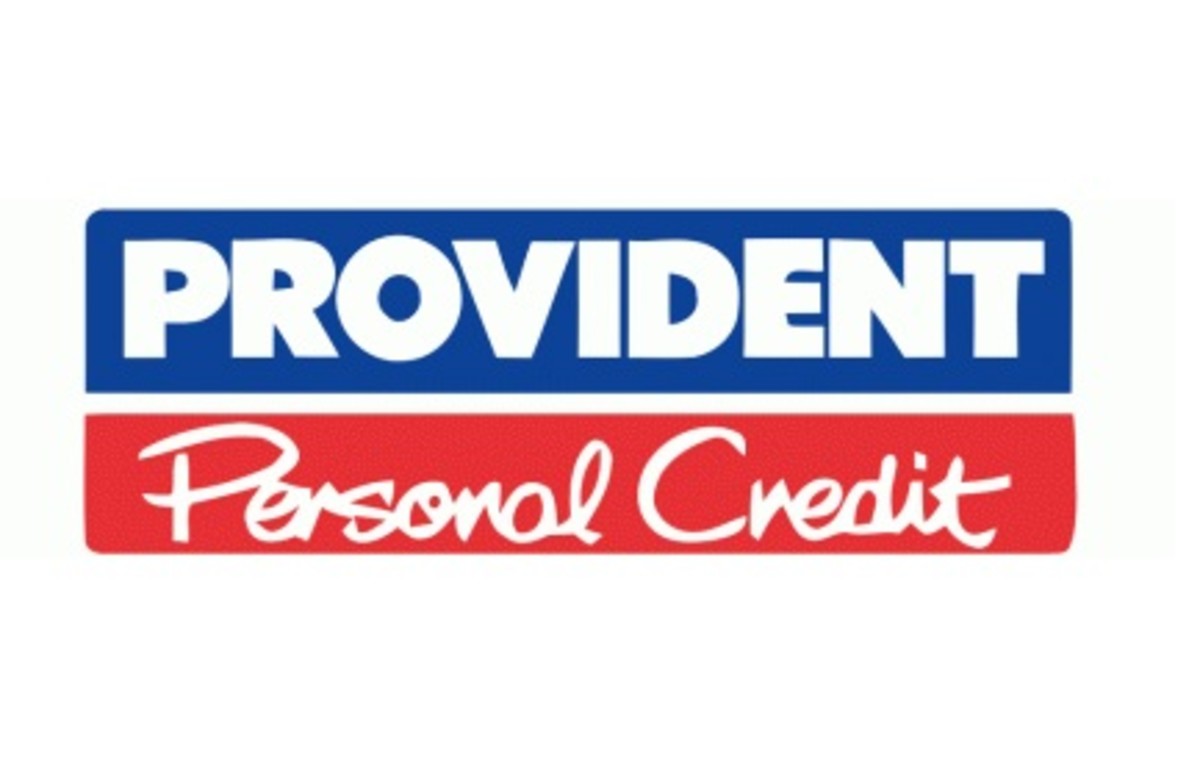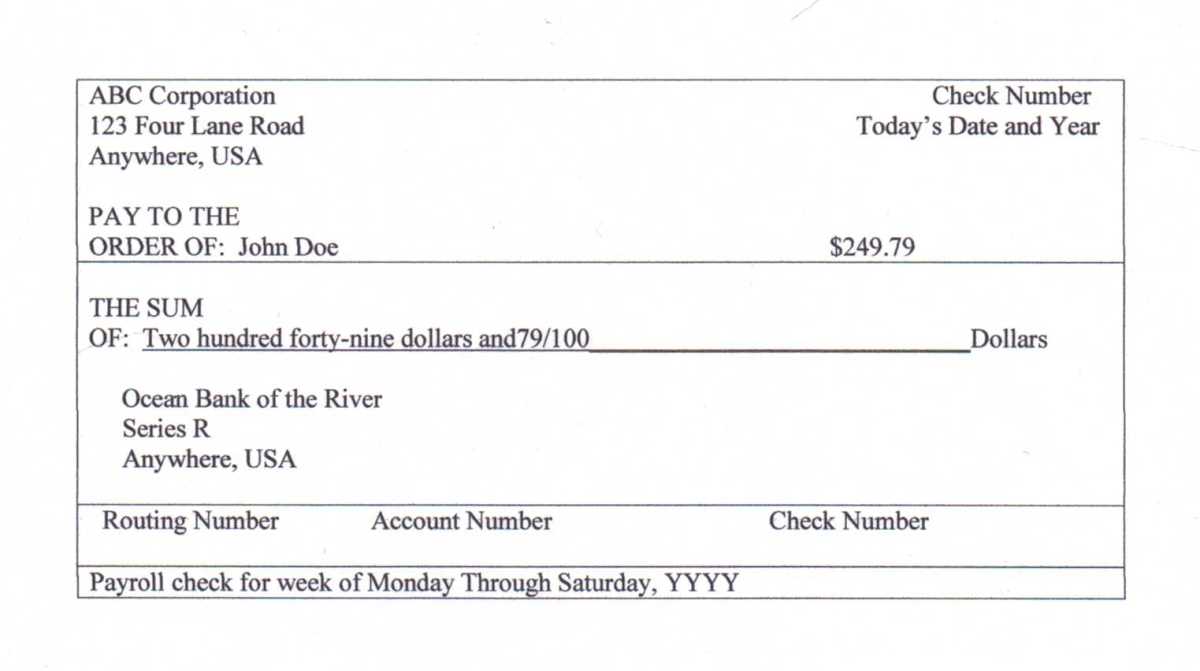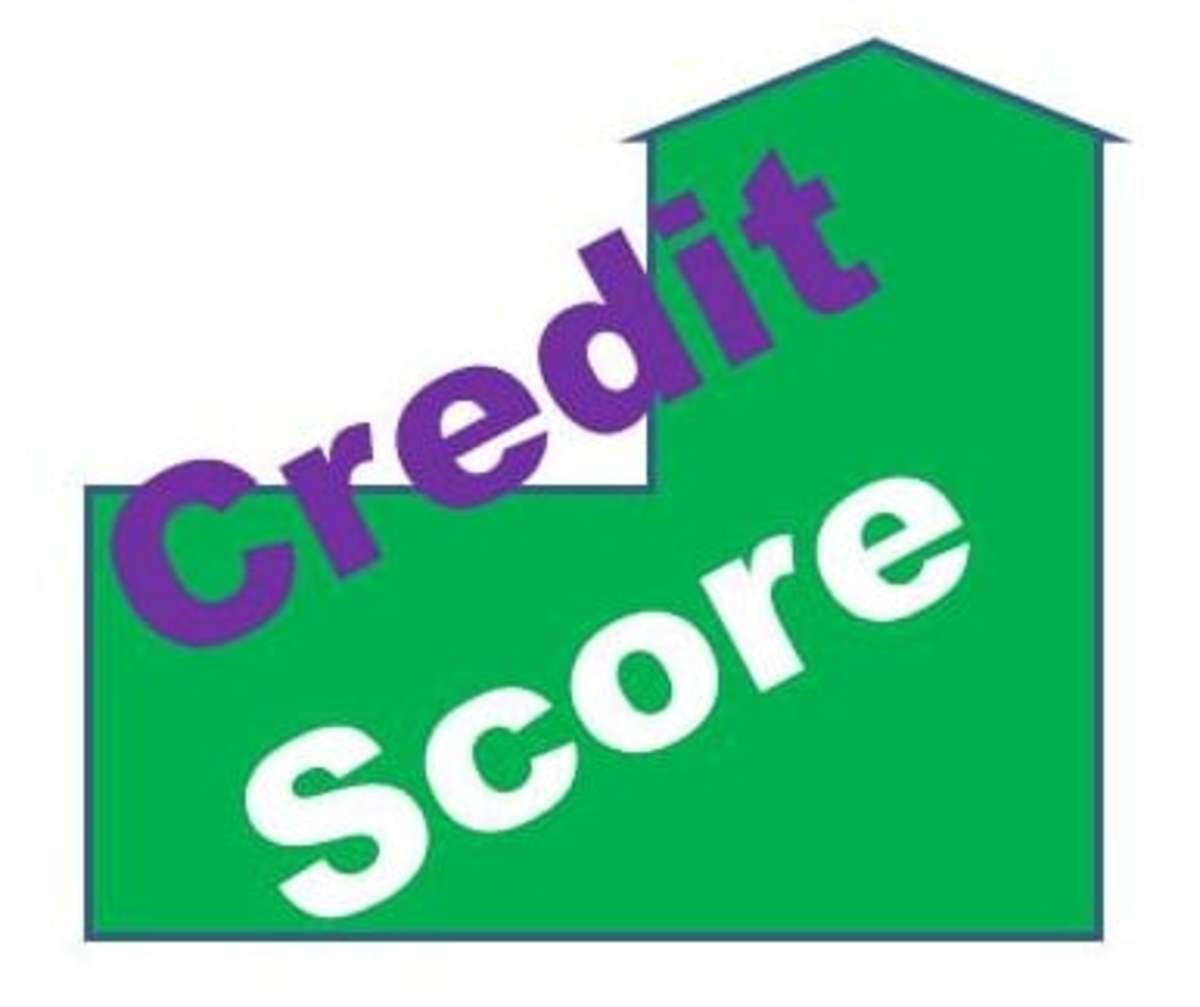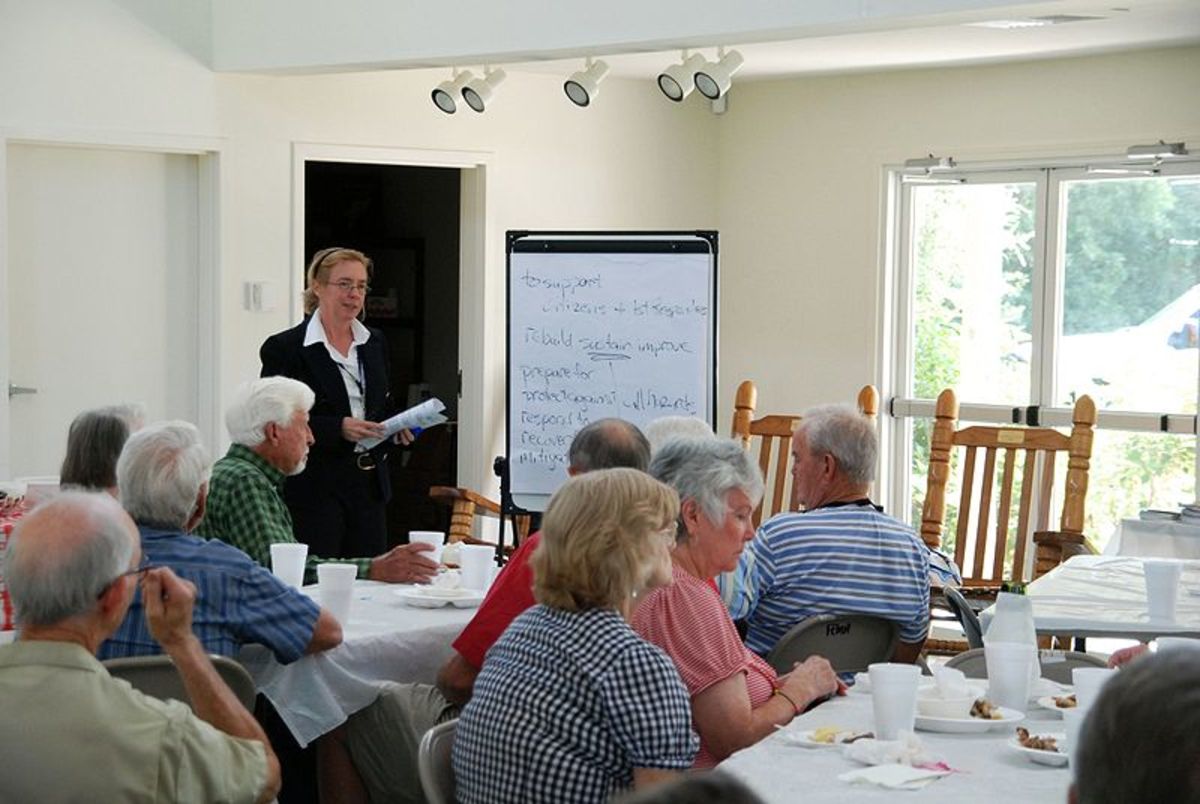How to Pay Your Mortgage Off Early and Finish Paying Forever
Many homeowners dream about the day they make their last payment on their mortgage. That is when the house will truly be theirs. They will be able to live in it rent-free and have the freedom to spend their money on other things. They imagine a big party where they can burn their mortgage paperwork.
Since most mortgages are for thirty years, they have a long wait before the day of the big party. It really doesn't have to take that long. There are many ways you can pay your mortgage off and have your big mortgage-burning party much earlier.
Of course, if you have credit card debt or loans that have higher interest rates than your mortgage, you want to pay them off first. You can use these same techniques for those loans.

Advantages of Paying Off Your Mortgage Early
By paying off the mortgage, you will have a true feeling of homeownership. You will own your home free and clear. It is your house, and you don't have to share it with the mortgage company.
By paying off your mortgage early, you will also save a great deal in interest costs. The more principal you pay, and the earlier you pay it, the less interest you pay. Sure there are some tax advantages to having a mortgage, but they are based on a percentage of interest you pay. By paying off the mortgage, you stop having to pay any interest.
Should You Buy a Bigger House?
You may be wondering whether it is advantageous to buy a bigger house or otherwise upgrade when they are finished paying their mortgage. Personally, I like to use my house as a place to live first, and only secondarily as an investment that I can sell. Sure, you can try to buy a house as an investment, but then you run the risk of having the value of the house be less than what you paid for it and losing money on the transaction. Don't forget, a bigger house is also more expensive to heat, cool, and otherwise maintain.
To invest in housing, I would buy another house with the extra money and rent it out. This way, I had residual income, and the rent would help pay for the house.
When you are finished paying off your mortgage, you no longer have to make any mortgage payments. You will still have to pay for insurance and taxes, but the amount you used to pay the mortgage is yours to use any way you wish. I recommend investing it, but a nice vacation would be a great reward. The earlier you pay off your mortgage, the earlier you will be able to have your mortgage-burning party.
Paying additional principal on your mortgage is a great investment. Since banks borrow money at low interest rates so they can lend them to others at high interest rates, rates on loans tend to be higher on loans than on savings accounts. You might be able to find places to invest your money that will earn more, but they will likely carry more risk. It is important to compare investment rates when you are paying on your mortgage, in order to use your money wisely.
When your mortgage is paid off, you have a great deal equity in your home. You can leverage this equity to invest in something that will earn you more money. You can start a business or buy more property. If you do it prudently, your home can earn more money for you.
Paying your mortgage off early is not difficult. Here are some easy ways to reduce the principal amount of your mortgage, and bring that final payment date closer.
Closing Costs
Buying a home is an investment, and it is acceptable to get a loan for an investment. Closing costs, however, are a short-term cost and do not increase in value. They should not be added into the mortgage. Some people have asked the seller to pay their closing costs. You pay for this cost in the form of a higher price on the house.
If you didn't have enough money to pay for the closing costs up front, it is okay that you financed it. I understand that you might not have been able to get a house without it. Now, you can consider it a short-term loan, and pay off the amount of the closing costs as soon as possible.

Mortgage Insurance
Putting a 20% down payment on your house is advisable. This way, you can have equity from the house from the beginning. You may get a lower interest rate, and are also saving money because you are borrowing less.
If you have less than 20% down on your house, you may have to buy mortgage insurance to protect your mortgage company in case you default. This mortgage insurance does not go away by itself once you get to 20% down. When you have paid 20% of your principal, you should call your mortgage company and ask them to stop the mortgage insurance. They may ask you to get an appraisal to prove that you have 20% equity in the home. If they completely refuse, consider refinancing. It makes no sense to pay mortgage insurance to protect the mortgage company when you have sufficient equity in the home.
Round Up Your Monthly Payments
Increasing your principal payments by simply rounding up each of your monthly payments can make a big difference in your loan. Those small amounts do add up. You can round to the nearest dollar, but to get an even bigger impact, you can round to the nearest ten dollars or hundred dollars.
Paying Off Your Mortgage Early
Make Extra Principal Payments on Your Mortgage
There are other easy ways to increase your principal payments. Every year, as your income increases, you can apply some (or all) of that increase to paying more money on your monthly mortgage payments.
When you get a financial windfall, such as gifts or your tax refund, apply some or all of that towards principal on your mortgage. A short-term sacrifice now will give you financial freedom in the future.
If you get paid every other week, you have a month in every year where you get an extra paycheck. Use that extra paycheck to pay additional principal on your mortgage.
When you pay off another loan, apply the amount you would be using for the other loan towards the mortgage. Since you have been managing without that payment all this time, you won't miss it.
Paying off your Mortgage
Refinance Your Mortgage
Depending on the interest rate you are paying, it might make sense to refinance your loan to a lower interest rate, or a smaller period of time. Be sure to take into consideration the closing costs of refinancing, since they will cut into your savings.
You might also consider recalculating the amount of your mortgage and act as if you were refinancing your thirty year loan into a fifteen year loan. By simply making the larger payments, you can pay the loan off earlier without incurring any refinancing costs.
Paying more than the amount due also works as a cushion for when you have unexpected bills, or during times like the holidays when the bills are higher. Simply reduce the amount of the extra payment, and you can pay those other bills without dipping into your savings.
Pay Your Mortgage Off Early
By taking these steps, little by little, you will see that you can quickly and easily reduce the amount of your mortgage, and finally get rid of that mortgage payment. You will experience the true joy of home ownership, and have the freedom to choose what you want to do with your hard-earned money.
© 2011 Shasta Matova








